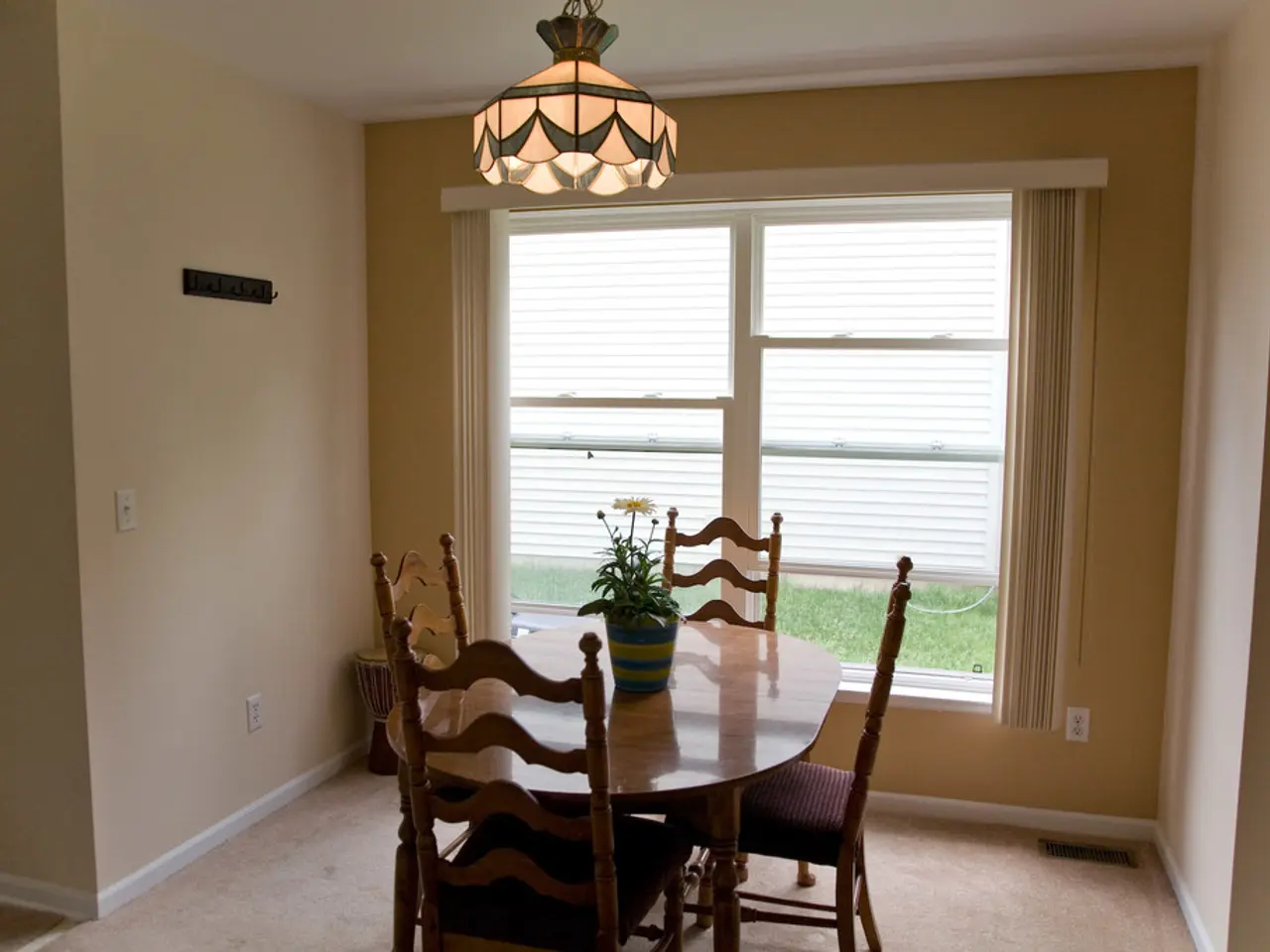Indoor Plant Advantages: Why You Should Incorporate Greenery into Your Living Space
Indoor plants are not just aesthetically pleasing additions to our homes and offices; they offer a host of benefits that contribute to our health, well-being, and environment.
These greenery companions can serve as a decorative element, adding beauty and colour to a room, while also enhancing the space with a touch of elegance and colour, making it cosier and more inviting. But their value extends far beyond their visual appeal.
One of the most well-known benefits of indoor plants is their role in improving air quality and reducing stress. By absorbing harmful pollutants such as formaldehyde and benzene, they help to purify the air we breathe. This is particularly beneficial in enclosed spaces where air circulation may be limited.
Beyond air purification and stress reduction, indoor plants offer several other health benefits. For instance, they support respiratory health by increasing oxygen levels and providing natural humidification, which can ease breathing in enclosed spaces. This is especially advantageous for those suffering from dry skin or allergies.
Indoor plants also play a role in reducing noise pollution. They absorb and deflect sound, making them beneficial in noisy urban environments. This sound-absorbing quality can lead to a quieter, more peaceful living or working space.
Moreover, interacting with plants has been shown to boost concentration and mental clarity, leading to increased focus and reduced mental fatigue. This can translate to improved productivity in both personal and professional settings.
Plants also contribute positively to our overall well-being, including mood improvement and alleviation of symptoms related to "sick-building syndrome" such as headaches, sore eyes, and nausea caused by indoor pollutants.
In addition, interior plants help reduce indoor pollutants known as volatile organic compounds (VOCs). This eco-friendly trait not only benefits our health but also contributes positively to the planet.
To maximise these benefits, it's important to choose plants that suit your environment and care ability. For example, Peace Lily and ZZ Plant thrive on low light and minimal watering while effectively purifying air and reducing stress. Positioning plants properly, avoiding overwatering, and regularly dusting and cleaning leaves are also key to maintaining their health and ensuring they continue to purify the air.
For offices, professional help or plant hire services can be beneficial, as they can provide expert plant selection and maintenance to maximise indoor environmental quality.
In sum, indoor plants are more than just decorative elements. They improve air quality, support respiratory health, reduce noise levels, boost focus and mental clarity, promote overall well-being, and even help regulate temperature. With proper selection and care, they can be a valuable asset in any indoor space.
Indoor plants can serve as both decorative elements and air purifiers, enhancing a room's appearance while also reducing harmful pollutants like formaldehyde and benzene. Beyond aesthetics, they improve air quality, supporting respiratory health by increasing oxygen levels and providing natural humidification. In noisy urban environments, indoor plants absorb and deflect sound, reducing noise pollution. Interacting with plants can boost concentration and mental clarity, leading to increased focus and reduced mental fatigue. It's essential to choose plants that suit your environment and care ability for maximum benefits. With proper care, plants can be a valuable asset in any indoor space, promoting overall well-being and contributing positively to the planet by reducing indoor pollutants known as volatile organic compounds (VOCs).




